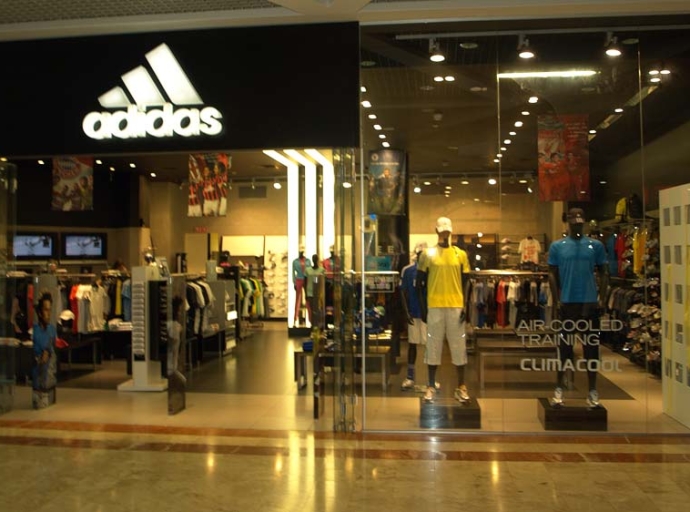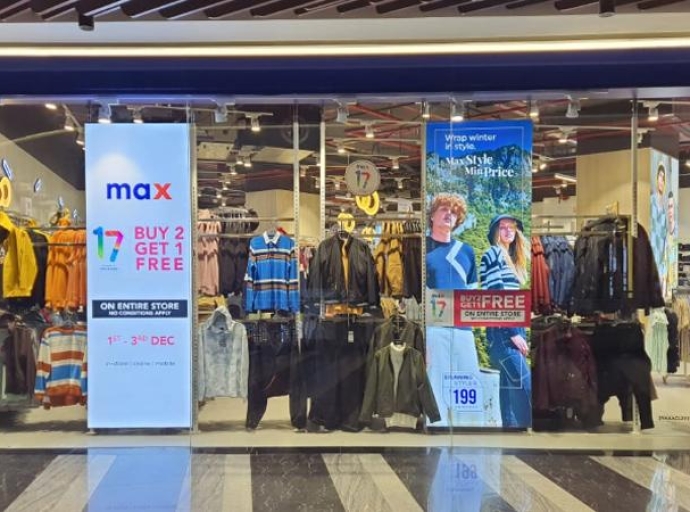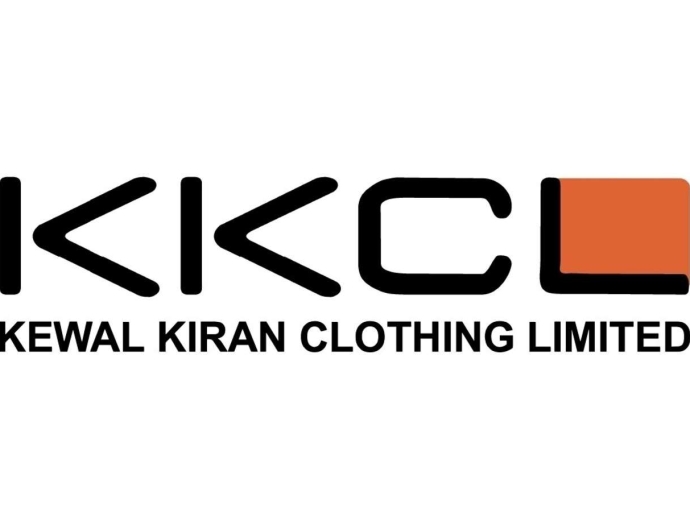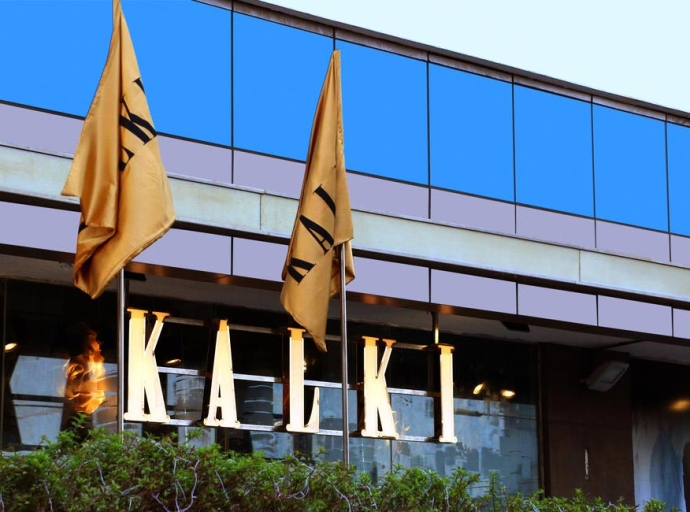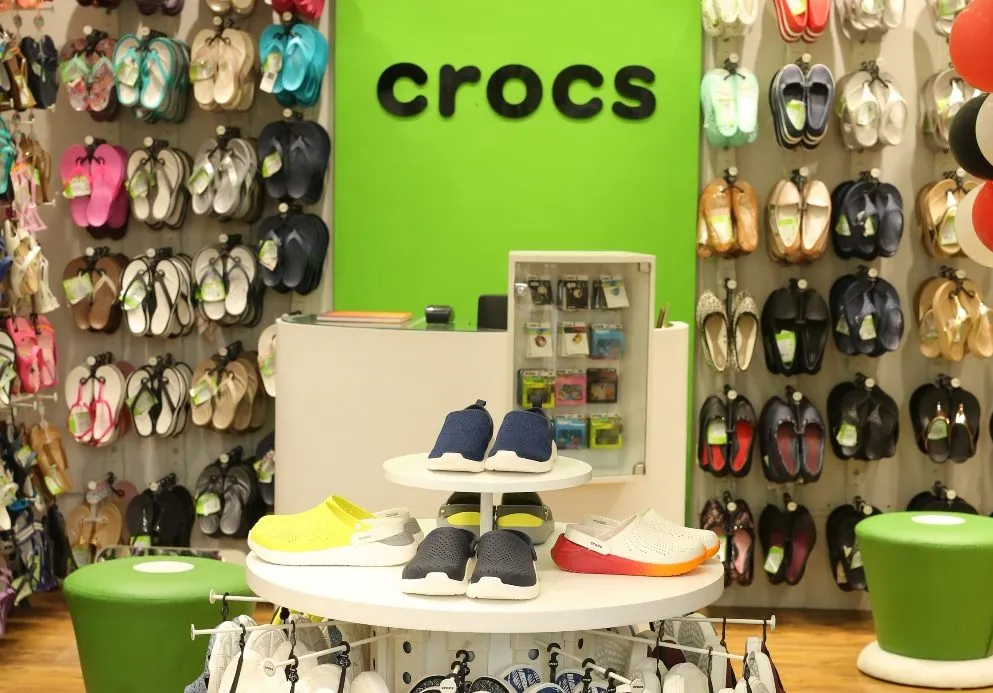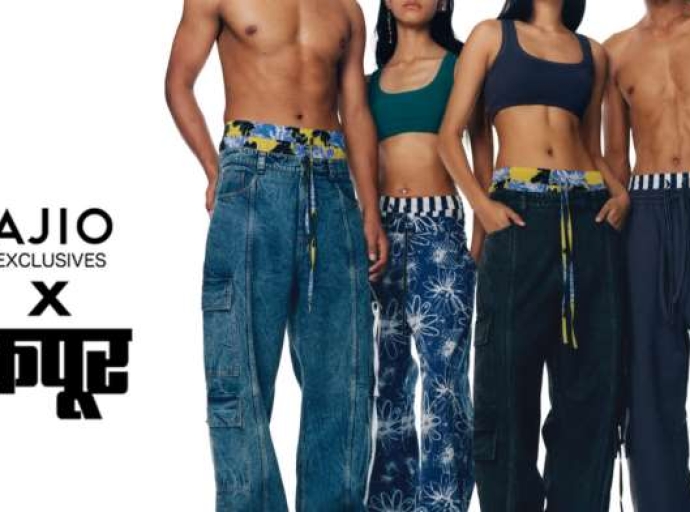Fast-fashion brand Snitch is set to make a significant mark on India's retail landscape with the infusion of Rs 110 crore from Singapore-based SWC Global and IvyCap Ventures in its latest Series A funding round. This financial boost marks a pivotal moment for Snitch, propelling its offline expansion plans and reinforcing its commitment to enhancing technical capabilities and talent acquisition.
Notably, this investment comes on the heels of Snitch's earlier success in securing funds from industry leaders such as Lenskart's Peyush Bansal and Boat's Aman Gupta, showcasing the brand's appeal and potential. The company's strategic foray into offline operations aligns seamlessly with its existing online platform, creating a formidable presence in the market, as emphasized by Siddharth Dungarwal, the Founder.
Snitch's ability to thrive in a challenging economic climate underscores the ingenuity of its business model and its profound understanding of consumer behavior, points out Tuck Lye Koh, Founding Partner at SWC Global. The brand's resilience and adaptability shine through, positioning it as a noteworthy player in the ever-evolving fashion landscape.
In a world where consumer habits are shifting towards more sustainable choices and new players are emerging, Snitch's trajectory in the fast-fashion realm appears promising. The future is indeed bright for Snitch as it not only navigates the dynamics of the industry but also caters to a consumer base increasingly conscious of the environmental impact of their fashion choices, adding a layer of significance to its innovative approach.



